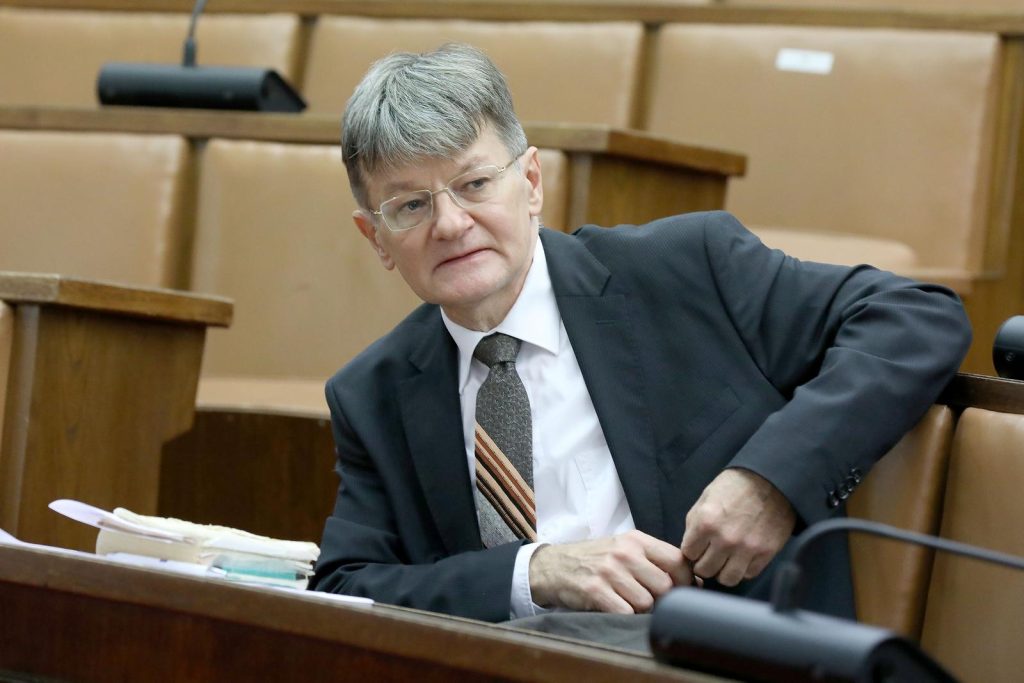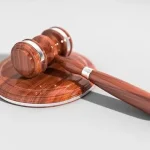“All parties, on the left and on the right, which participate in parliamentary life, must not have any problem with condemning symbols associated with the system that was in place during the NDH. That had nothing to do with Croatia,” Dobronić told the press.
Ustasha salute
He was asked to comment on the opposition Homeland Movement’s response to his stand that the “For the homeland ready” salute is unacceptable, which the party condemned and asked him who was he to judge “the insignia of fallen HOS knights.”
Dobronić said he was the president of the Supreme Court and reiterated that the question of banning the Ustasha salute and insignia was a civilizational and value question, while whether someone could accept that or not was another.
He said the ban on the salute and insignia should not be additionally regulated by law because “everything is clear” and that there was no dilemma as to what the constitution and the decisions of the Constitutional Court stipulate.
Enforcement
As for an upcoming Supreme Court General Convention meeting on enforcement, Dobronić said he would propose that Enforcement Act provisions on the issuance of enforcement decisions based on verified documents should not apply to consumer agreements.
“The Supreme Court can deliver at the General Convention two, three positions proposing another procedure instead of that one and the matter will be solved,” he said, reiterating that the current practice is in contravention of EU rights.
Dobronić said his proposal would be that when big systems such as telecoms or utility companies decide to sue citizens for failure to pay their debts, a judge would have to see the original bill and agreement so that they can check the terms of the agreement in the context of consumer law.
Public verdicts
Dobronić went on to say that he would see that all court verdicts be made public.
“So far about 60 to% of verdicts have been available and the explanation why 100% have not been available is that they’ve had problems with anonymization, which takes time,” he said, adding that this is only a technical problem.
As for restoring people’s trust in the judiciary, Dobronić said there was no quick fix and that it would occur gradually and be achieved when the public had the justified impression that the same criteria applied to all.
The availability of verdicts and a uniform court practice will certainly contribute to that, he added.
For more on politics, follow TCN’s dedicated page.











